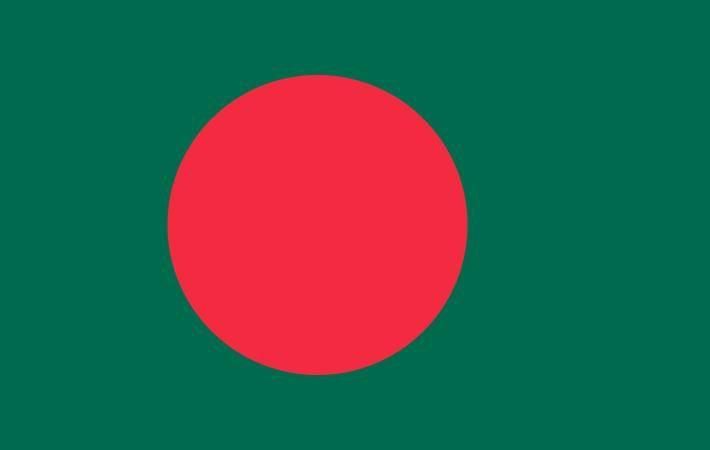Bangladesh, which will graduate from the group of least developed countries (LDC), will face some challenges during the transition period due to the devastating impact of the coronavirus pandemic, according to the United Nations Conference on Trade and Development (UNCTAD), which recently said the pandemic and the ensuing global recession had interrupted a period of rapid economic growth.
Despite the new challenges, Bangladesh is scheduled to graduate to a developing nation in February as the country has already extraordinarily outperformed in all the three criteria. The transition period will end in 2024.Bangladesh, which will graduate from the group of least developed countries, will face some challenges during transition due to the devastating impact of the coronavirus pandemic, according to the UN Conference on Trade and Development, which recently said the pandemic and the ensuing global recession had interrupted a period of rapid economic growth. #
"Yet, the country has so far weathered the crisis relatively well and appears set to record positive GDP [gross domestic product] growth even in 2020, notwithstanding a sharp slowdown in economic activity," UNCTAD said.
Dhaka is preparing a position paper to be placed in the second triennial assessment on the country's graduation by the UN Committee on Development Policy in January.
According to the UNCTAD’s latest profile, despite all the positives of the past decades, some deep-seated challenges continue to linger on Bangladesh's sustainable development prospects, notably the modest progress in terms of export diversification and the elusive quest for adequate sustainable development finance.
These challenges are made even more formidable by the fallout from the pandemic, which threatens to leave long-lasting scars on the world economy, making the international environment less conducive, a Dhaka-based English-language daily cited UNCTAD as saying.
The emerging mega-trends such as climate change and digitalisation are bound to exert wide-ranging implications for the future development trajectory of developed and developing countries alike.
Estimates of the impact of losing LDC-specific preferential market access range between 7 per cent and 14 per cent of exports, with the bulk of the reduction impinging on textile and clothing exports to developed markets, where changes in tariffs would be relatively more adverse.
The Bangladesh Garment Manufacturers and Exporters Association has sought 10 years as the transition period for Bangladesh as the domestic economy, employment and export were severely affected by the pandemic.
UNCTAD also said if Bangladesh is to continue its remarkable growth performance, the country has to diversify into gradually more complex products.
Fibre2Fashion News Desk (DS)
